Fine law eliminates prior authorization, expanding access to mental health care
- Details

SPRINGFIELD – To further increase access to mental health treatment, State Senator Laura Fine passed a law extending the existing prior authorization ban to cover medically necessary outpatient mental health services.
“Mental health care needs are equivalent to physical health care needs,” said Fine (D-Glenview). “This law breaks down barriers to access so patients can receive the help they need in a timely manner.”
Last year, the Healthcare Protection Act was signed into law, making health care more accessible and affordable for Illinoisans. The law banned step therapy requirements, prohibited prior authorization for inpatient mental health care at hospitals, banned junk insurance plans, and ended unchecked rate increases for large group insurance companies.
Read more: Fine law eliminates prior authorization, expanding access to mental health care
Johnson honored for leadership in preventing and ending homelessness in Illinois
- Details

BUFFALO GROVE — State Senator Adriane Johnson was honored with a 2025 Home Illinois Summit Recognition of Service award for her leadership in advancing statewide efforts to prevent and end homelessness. The recognition took place at the third annual Home Illinois Summit held in Rosemont.
“Ending homelessness requires bold collaboration, accountability and a deep belief in the dignity of every person,” said Johnson (D-Buffalo Grove). “I’m proud to stand with advocates, providers and state leaders to ensure Illinois leads with compassion and purpose. This recognition is a reminder that when we work together, we can create real, lasting change.”
The summit brought together individuals with lived experience, service providers, philanthropic leaders, advocates, elected officials and government partners for a two-day convening focused on ending homelessness through collaboration, best practices and equity-driven solutions. Hosted by the Illinois Office to Prevent and End Homelessness, the event celebrated the collective progress of HOME Illinois — the state’s comprehensive interagency plan to reduce homelessness to a rare, brief, and one-time experience.
Read more: Johnson honored for leadership in preventing and ending homelessness in Illinois
Villa law secures safe public drinking water
- Details
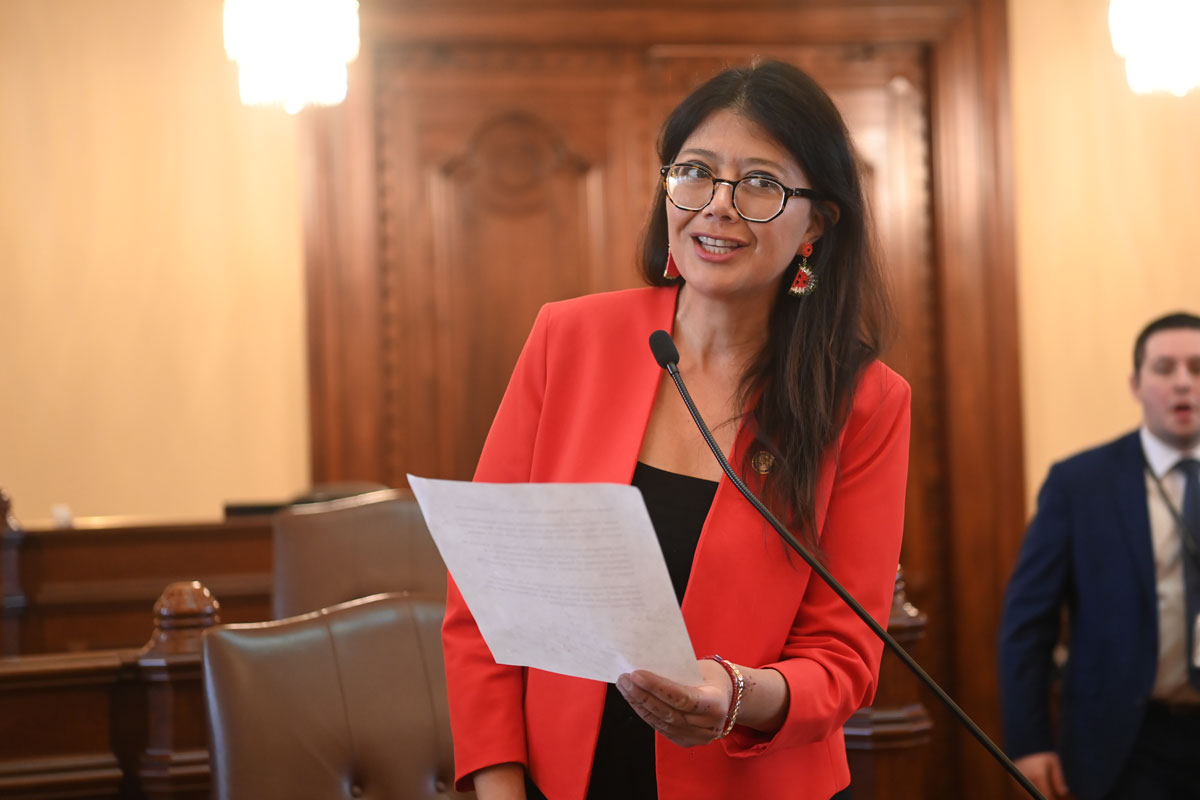 SPRINGFIELD – State Senator Karina Villa spearheaded a new law that fortifies safe drinking water standards to ensure residents have access to clean water.
SPRINGFIELD – State Senator Karina Villa spearheaded a new law that fortifies safe drinking water standards to ensure residents have access to clean water.
“When people are out in the community, they deserve to know that the water they use is safe,” said Villa (D-West Chicago). “Safe drinking water standards must be enforced to secure the health of our communities.”
The law allows the Illinois Department of Public Health to impose civil penalties against non-community water supplies that violate drinking water standards and clarifies that the Illinois Environmental Protection Agency is the primary agency responsible for implementing the Safe Drinking Water Act, consistent with federal law.
Traffic fees to be waived for low income Chicagoans under new Cervantes law
- Details
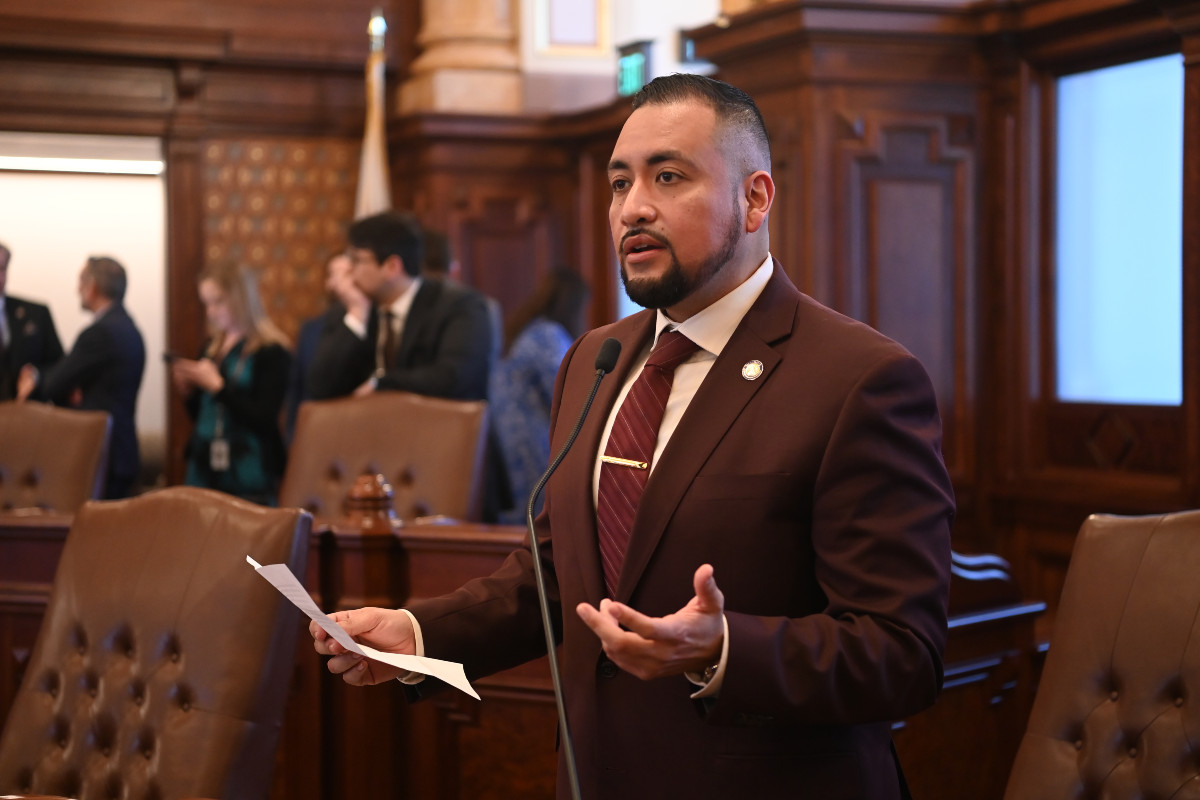 SPRINGFIELD – Lower income Chicago residents will have one more support in place to help them get back on their feet—any fines or fees from traffic violations will now be waived indefinitely, thanks to a new law championed by State Senator Javier Cervantes.
SPRINGFIELD – Lower income Chicago residents will have one more support in place to help them get back on their feet—any fines or fees from traffic violations will now be waived indefinitely, thanks to a new law championed by State Senator Javier Cervantes.
“What makes Illinois such a great place to live is that we show up for one another, and we believe in second chances,” said Cervantes (D-Chicago). “We do not believe someone should be forced into homelessness because they can’t afford to pay a speeding ticket. This new law extends grace to some of the most vulnerable members of our community, and I am proud to be a leader in getting it passed into law.”
Read more: Traffic fees to be waived for low income Chicagoans under new Cervantes law
More Articles …
Page 1 of 706

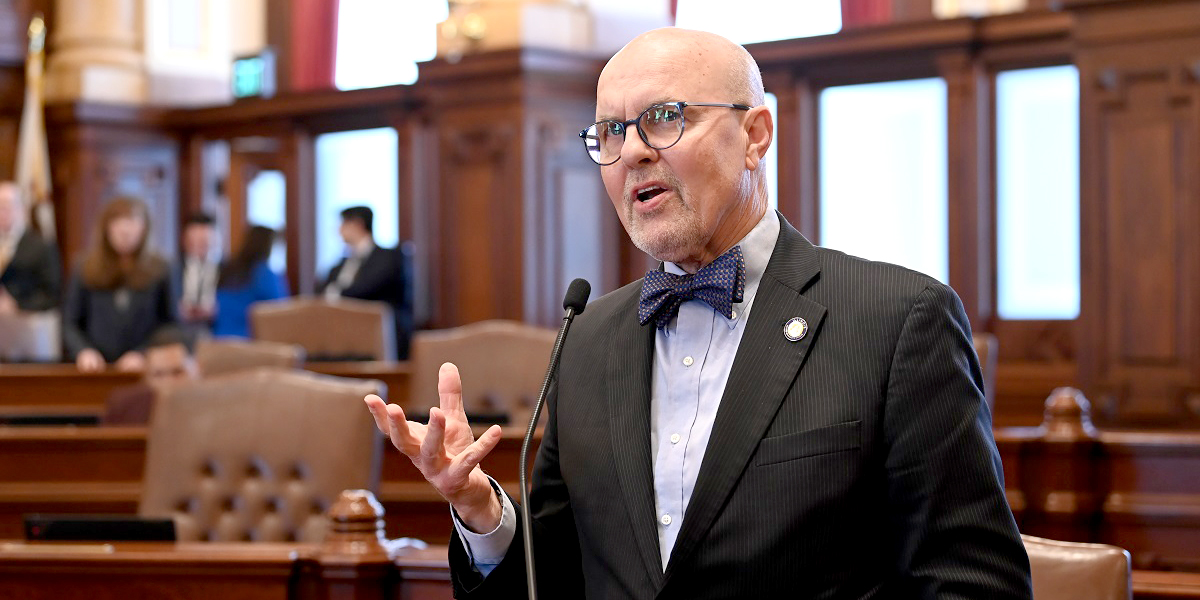

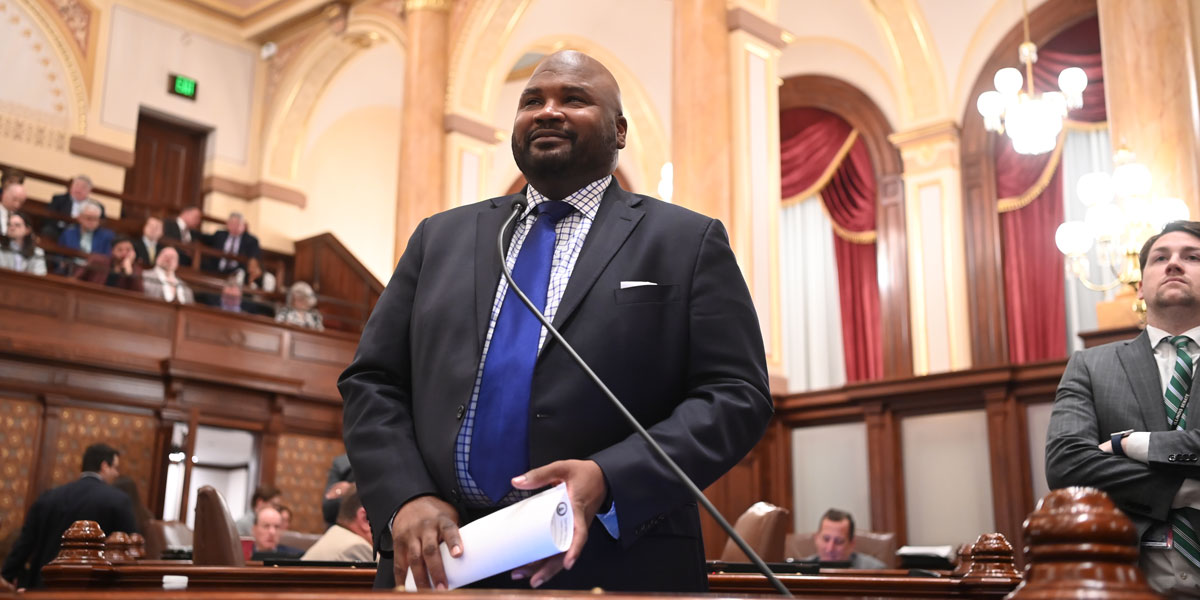
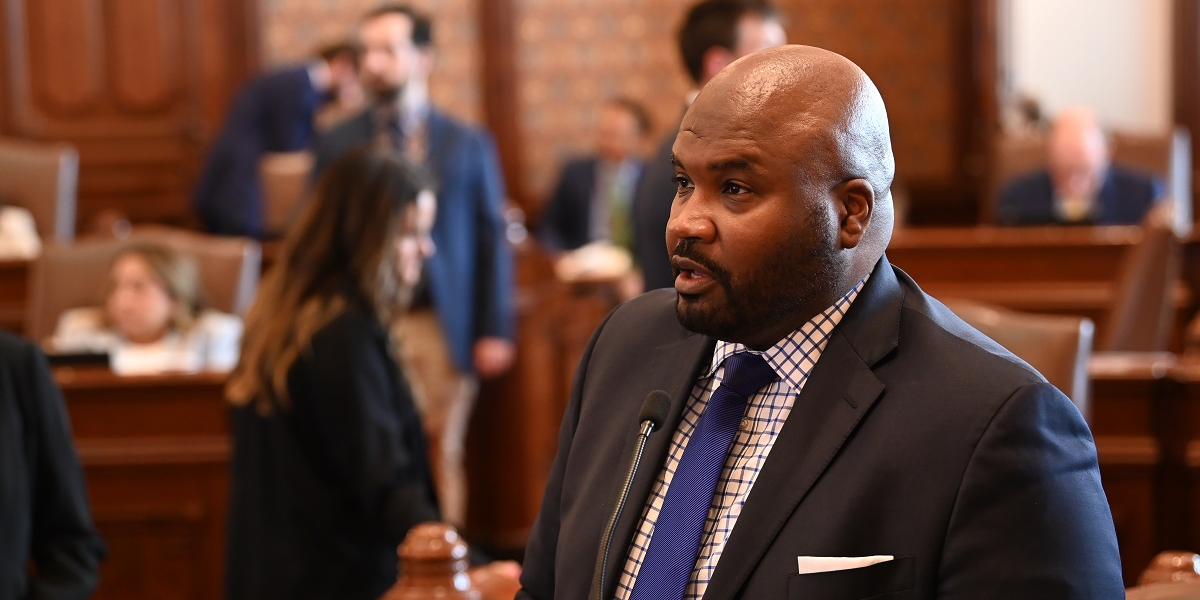
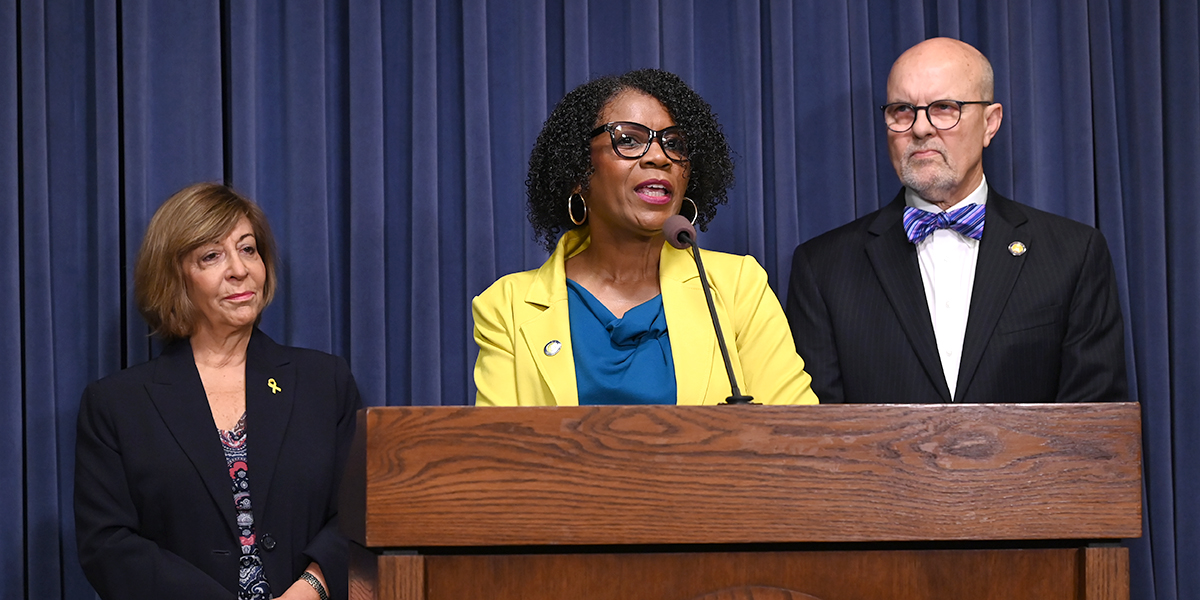
















 © 2025 Illinois Senate Democratic Caucus
© 2025 Illinois Senate Democratic Caucus